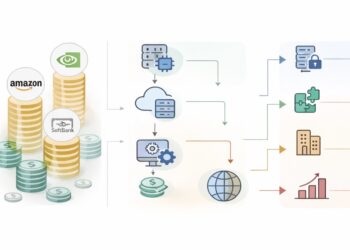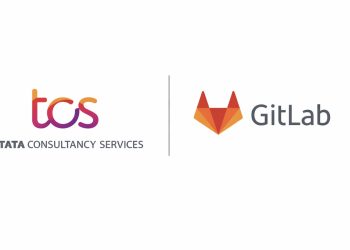Despite the global rush to adopt artificial intelligence (AI), the vast majority of enterprises are struggling to move beyond pilot projects and proofs of concept, according to a new report released by HFS Research in collaboration with LTIMindtree.
Based on a survey of over 500 Global 2000 business and technology leaders across five major industries, the research finds that while most companies cite operational efficiency as the top driver for AI, just 17% have integrated AI across their entire operations. In contrast, a growing number of enterprise leaders are calling for AI to serve as a lever for long-term reimagination and reinvention.
AI Urgency vs. Execution Gap
According to the findings, nearly every enterprise views AI as critical to survival in an increasingly digital economy. Yet, progress remains slow. Siloed data, outdated legacy systems, and lack of integration with business processes are main barriers.
“Enterprises are not short of AI pilots—but they are short of scaled outcomes,” the report notes. This execution gap is forcing leadership teams to reassess their digital roadmaps and rethink how AI can be embedded more holistically into strategy rather than treated as a series of isolated technology projects.
Key Findings
- 83% in early-stage experimentation: Only a small minority of enterprises have been able to operationalize AI at scale.
- Data maturity remains a barrier: Many organizations struggle with legacy systems and siloed data, limiting the effectiveness of AI deployments.
- Talent and governance challenges: A shortage of skilled AI practitioners, combined with concerns over ethical use and compliance, continue to slow adoption.
- Strategic urgency is rising: Over 70% of executives surveyed said that failing to scale AI within the next two years could negatively impact competitiveness.
- 51% of enterprises plan to elevate AI to the C-suite or board level, signaling a shift from back-office experimentation to strategic governance.
- 43% are actively seeking niche or non-traditional AI partners, citing the need for contextual, industry-specific innovation.
- AI is increasingly seen not just as a ability, but as the new form factor for business identity.
sector Implications
The report suggests that banking, healthcare, and manufacturing sectors are feeling the most pressure to accelerate AI adoption. However, many companies might face “innovation fatigue” if they keep trying new things without aligning their business goals with their AI strategy. This means they might not see important results from their efforts.
“Our joint research with HFS highlights a critical shift, AI is no longer about pilots or marginal productivity gains. Its true potential lies in how enterprises orchestrate value across ecosystems and unlock new forms of business creativity,” said Venu Lambu, CEO & Managing Director, LTIMindtree. “Enterprises are elevating AI to the boardroom, re-architecting operating models, and redefining outcomes. At LTIMindtree, we help clients embed AI at the core with BlueVerse, enabling transformation from experimentation to enterprise scale—with speed, trust, and impact,” he added.
These findings are a wake-up call for business leaders who are spending a lot of money on AI but don’t have a clear plan for how to use it effectively.
Also Read: Dell Technologies Opens AI Innovation Hub in Singapore to Drive Regional AI Advancement




















